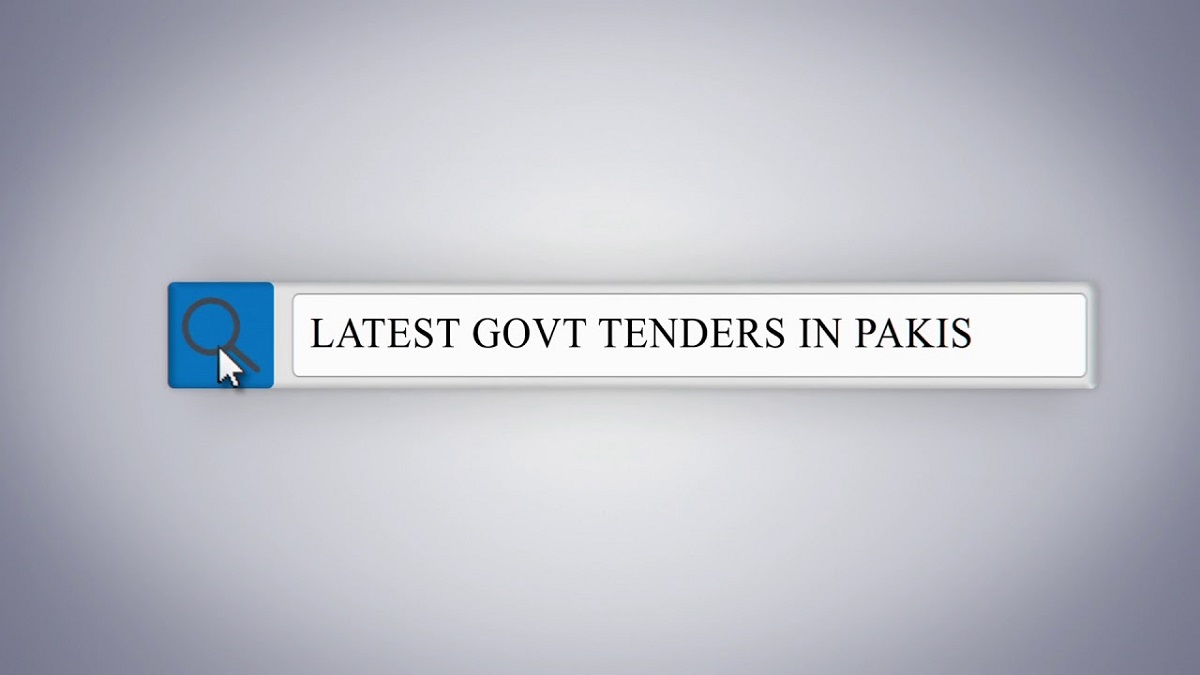
As a developing country, Pakistan is improving its economy and creating a better environment for business growth. An important part of creating such an environment is ensuring that public tenders in pakistan are conducted transparently and fairly. This is necessary to prevent corruption and to ensure that the best possible service is provided to the public. This article describes various steps that can be taken to ensure transparency and fairness in public tenders in Pakistan so read it carefully to satisfy your mind and keep updated.
Clear Instructions and Procedures:
The first step to ensuring transparency and fairness in public tenders in Pakistan is to establish clear guidelines and procedures. This includes defining the project scope, evaluation criteria, and documentation required for submission. The guidelines should also outline the timeline for the bidding process, including submission deadlines and evaluation deadlines.Having clear guidelines and procedures in place will ensure that all bidders are aware of their requirements and prepare their bids accordingly. It also ensures that the evaluation process is consistent and fair to all bidders.
Competitive bidding:
A second step in ensuring transparency and fairness in public bidding is to encourage competitive bidding. This can be done by widely advertising your bids and ensuring that all eligible bidders have an equal chance to participate.
Bid evaluation:
The third step in ensuring the transparency and fairness of public tenders is to establish a fair and transparent evaluation process. This includes evaluating bids by the committee and ensuring that the evaluation criteria are objective and consistent. Also, the review committee must be independent and free of conflicts of interest.
Disclosure of information:
The fourth step in ensuring transparency and fairness in public bidding is to disclose all information related to the bidding process. This includes publication of bid notifications, evaluation criteria, and the names of bidders who participated in the process. This allows the public to be made aware of the bidding process and hold the government accountable for its decisions.
Oversight and Accountability:
The final step in ensuring transparency and fairness in public tenders is the existence of oversight and accountability mechanisms. This includes having an independent body that oversees the bidding process and investigates complaints and misconduct. The Authority shall also have the power to take action against fraud, such as canceling bids or imposing penalties on offending parties.
Ensuring transparency and fairness:
Ensuring transparency and fairness in public tenders is crucial for Pakistan’s economic development and growth. This is achieved by having clear guidelines and procedures, encouraging competitive bidding, ensuring fair and transparent evaluation processes, disclosing all relevant information, and establishing oversight and accountability mechanisms. can. By following these steps, Pakistan can create an environment conducive to business growth and development while ensuring that its citizens receive the best possible services.
In Pakistan, oversight and accountability:
Refers to the mechanisms and processes that ensure that government officials and agencies are held accountable for their actions and decisions. These mechanisms are put in place to prevent corruption, abuse of power and other forms of wrongdoing by government officials.
Pakistan has several oversight and accountability mechanisms.
Oversight of the Judiciary:
Pakistan’s judiciary has the power to review and investigate the government’s actions and decisions. The judiciary also has the power to hold public officials accountable and impose penalties for misconduct.
Parliamentary Oversight:
Pakistan’s parliament has the power to oversee government actions and decisions through commissions and other mechanisms. These commissions are responsible for overseeing the activities of various government agencies and holding them accountable for their actions.
Anti-Corruption Agencies:
Pakistan has several anti-corruption agencies, such as the National Accountability Board (NAB) and the Federal Bureau of Investigation (FIA), which are responsible for investigating and prosecuting corruption cases involving public officials.
Media censorship:
Pakistan’s media also play an important role in censorship and accountability. Journalists and media can investigate and report on government actions and decisions, gaining public attention and holding those responsible to account.
Civil society oversight:
Civil society organizations in Pakistan also play an important role in oversight and accountability. These organizations can monitor government actions and decisions, advocate for reforms, and hold officials accountable through publication
